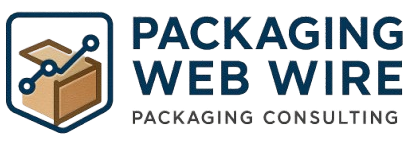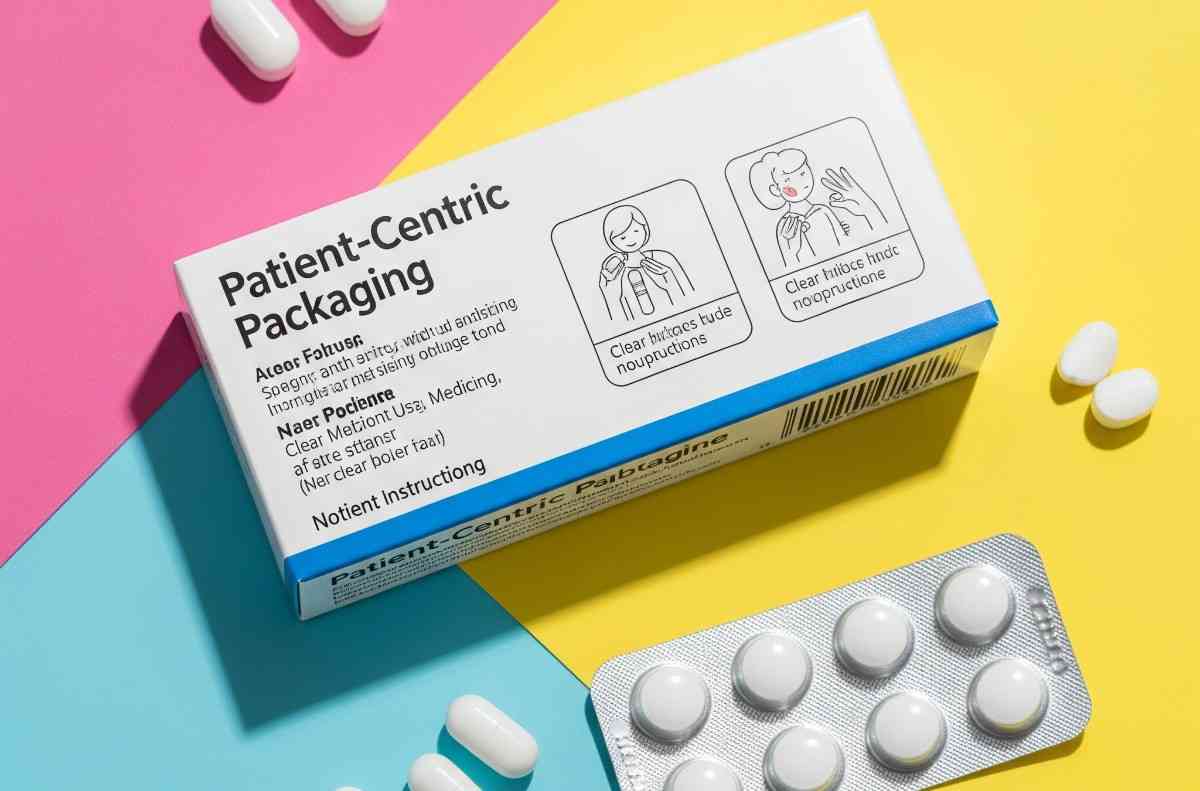The global patient-centric packaging market is on a strong upward trajectory, poised to grow by hundreds of millions of dollars between 2025 and 2034. This growth is being fueled by demand for personalized healthcare, advancements in pharmaceutical packaging technologies, and rising expectations from both patients and regulatory bodies.
Invest in Our Premium Strategic Solution: https://www.towardspackaging.com/download-databook/5631
Market Overview
In 2024, North America took the lead in the global patient-centric packaging market, with plastic-based, rigid, primary packaging dominating, especially within the pharmaceutical segment. However, the Asia Pacific region is projected to emerge as a key growth hub by 2034, driven by expanding healthcare access and increasing demand for diagnostics and contract packaging solutions.
Key Insights from 2024 and Growth Outlook
-
North America remained the dominant region in 2024.
-
Asia Pacific is expected to register the fastest compound annual growth rate through 2034.
-
Plastic led by material share in 2024, while paper and paperboard are gaining momentum for eco-conscious packaging.
-
Rigid packaging and primary packaging were the top packaging types in 2024.
-
Pharmaceutical applications commanded the largest share, with diagnostic and In Vitro Diagnostics (IVD) packaging rising sharply.
-
Pharmaceutical and biologics manufacturers led by end-use, with contract packaging providers showing high growth.
-
Moisture barrier technologies held the largest barrier feature market, while light and high-barrier films are forecast to grow rapidly.
Get All the Details in Our Solutions – Access Report Preview: https://www.towardspackaging.com/download-sample/5631
Understanding Patient-Centric Packaging
Patient-centric packaging refers to pharmaceutical packaging that is tailored to enhance the experience, safety, and compliance of the patient. It involves designs that ensure ease of access, clear instructions, and safe storage of medications. This form of packaging is especially valuable in self-administration settings and among elderly populations, where user-friendly formats are crucial for adherence.
Lightweight Packaging as a Rising Trend
The industry is shifting toward lightweight packaging formats that improve convenience and sustainability. These advancements also contribute to safer delivery of products, helping patients maintain their independence and proper usage of therapies.
The Role of AI in Transforming Patient-Centric Packaging
Artificial Intelligence is proving to be a game-changer in the packaging industry. From production optimization to real-time quality control, AI-driven technologies are improving packaging reliability and safety.
-
Machine learning is used to detect defects and enhance workflow.
-
AI-powered vision systems can identify micro-errors, like sealing issues or mislabels.
-
Predictive maintenance through AI is helping avoid downtime and boost machinery efficiency.
If you have any questions, please feel free to contact us at sales@towardspackaging.com
Market Drivers and Restraints
Major Growth Driver: Rising Chronic Diseases
The increasing prevalence of chronic illnesses like diabetes and cancer is driving demand for packaging solutions that accommodate home care and self-medication. This trend, combined with more stringent packaging regulations and advancements in material science, is propelling the market forward.
Restraint: High Technological Costs
While technology is vital to innovation, the cost burden remains a barrier. Small- to mid-sized firms often struggle to invest in high-end packaging technologies, limiting their ability to scale and compete in the market.
Growth Opportunities Ahead
The growing market for specialty and biologics drugs offers a lucrative opportunity for patient-centric packaging. These drugs require advanced packaging that can maintain temperature, prevent tampering, and ensure accurate dosage. Additionally, the increasing integration of digital health is expected to spur further demand for smart and functional packaging formats.
Segmental Analysis
Material Insights
-
Plastic held the majority market share in 2024 due to affordability, flexibility, and suitability for diverse forms like blisters, bottles, and pouches.
-
Paper and paperboard are set to gain traction due to environmental concerns, with many brands turning to compostable and recyclable alternatives.
Product Type
-
Rigid packaging led the market in 2024, offering superior protection and usability, ideal for vials, syringes, and jars.
-
Flexible and semi-rigid packaging is projected to grow faster due to its cost-efficiency, light weight, and versatility.
Packaging Type
-
Primary packaging such as blister packs, bottles, and prefilled syringes dominated in 2024, offering safety and portability.
-
Secondary packaging is expected to grow quickly as it enhances user communication, branding, and transport efficiency.
Application Areas
-
Pharmaceuticals remained the largest application in 2024, driven by self-administered therapies and increased safety requirements.
-
Medical devices and IVDs are emerging rapidly, particularly in home diagnostics and personalized healthcare.
End Users
-
Pharmaceutical and biologics manufacturers accounted for the highest usage of patient-centric packaging in 2024.
-
Contract packaging providers are gaining momentum due to growing outsourcing in pharma, demanding flexible and small-batch packaging capabilities.
Barrier Features
-
Moisture barriers dominated the market in 2024, ensuring product integrity during storage and transport.
-
Light and high-barrier films are seeing fast adoption for protecting sensitive medications against oxygen, UV light, and contamination.
Regional Analysis
North America: Leadership Through Innovation
North America maintained the largest market share in 2024. The U.S., in particular, showed strong adoption of blister packs, unit-dose formats, and prefilled syringes due to its aging population, preference for home-based care, and regulatory emphasis on safety.
Asia Pacific: Rapid Expansion and Adoption
Asia Pacific is projected to experience the highest CAGR through 2034. Countries like India, China, and Japan are witnessing a surge in personalized medicine, regulatory standardization, and demand for safer delivery methods, boosting the region’s market attractiveness.
Industry Developments
-
In September 2024, Berry Global Healthcare introduced a new polypropylene pill jar as a sustainable alternative to PET at CPHI Milan, showcasing its commitment to environmentally responsible pharmaceutical packaging.
-
In March 2025, Tjoapack shared insights on innovations in prefilled syringe packaging to support patient adherence, reflecting the industry’s focus on improving user experiences.
Conclusion
The patient-centric packaging market is evolving rapidly to align with patient needs, digital healthcare trends, and sustainability goals. Innovations in materials, barrier protection, and AI-enhanced processes are positioning this sector for transformative growth through 2034. As healthcare delivery becomes more personalized and home-based, packaging will play an increasingly vital role in ensuring medication safety, accessibility, and adherence.
Source : https://www.towardspackaging.com/insights/patient-centric-packaging-market-sizing


